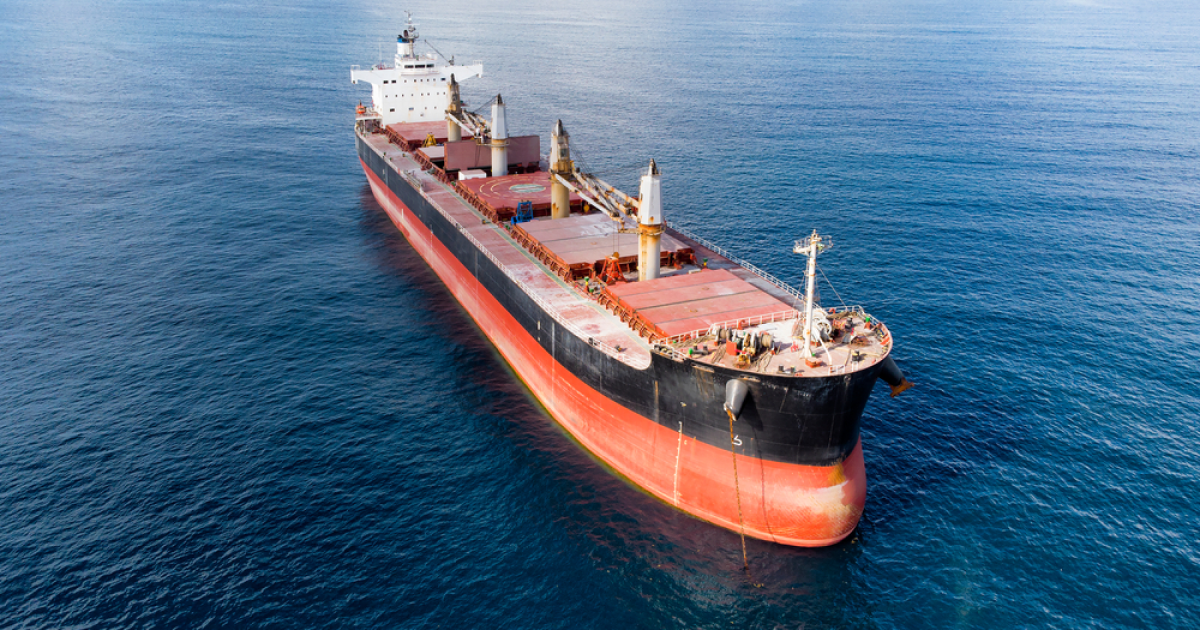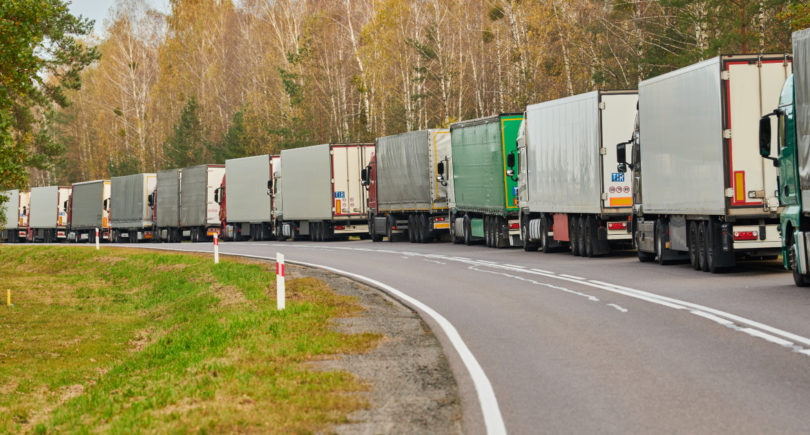
Opinions Infrastructure war in Ukraine 428 21 July 2023
Foreign exchange earnings for the country with the full unblocking of the ports will amount to $20 billion per year
The withdrawal of the Russian Federation from the grain agreement gives Ukraine the opportunity to completely unblock the Black Sea seaports. The foreign exchange earnings for the country with the full unblocking of the ports will amount to $20 billion per year, tax revenues – more than $5 billion. Therefore, this issue should not only be dealt with by the Ministry of Infrastructure, all departments should join, in particular, the Ministry of Economy and the Ministry of Foreign Affairs at all possible levels. In addition, it is necessary to involve other countries in the negotiation process, in particular, Turkiye and Romania.
Before the full-scale invasion, the share of grain in the maritime export of Ukraine was 40%, the same 40% – accounted for the production of iron and steel, 20% – the rest. And the right decision for Ukraine will be to open all ports, when all products will be shipped.
As for the arguments in the negotiations, the decision of the Ministry of Defense is to declare all vessels that will move to Russian-controlled ports as military targets strengthens our position. Economic calculations can also be a separate item. In particular, as calculated by the Federation of Employers of Ukraine, financial assistance from the US for 2022 amounted to $18 billion, the unblocking of ports gives the same amount. With such arguments, the level of the issue will take on a different meaning if Ukraine’s partners see a reduction in the burden on their own budgets.
Without the opening of Black Sea ports, there are only two ways of Ukrainian exports – railway and road transport. However, in this option there are issues of the cost of supplying products abroad and throughput. In February 2022, most of Metinvest’s products were located in the Mariupol seaport, the Russians stole them and took them away. 25% was in Odesa ports and another 25% – in warehouses. We took the rest of the material by rail – but this is only 15%, and it is much more expensive than by sea.
Another controversial issue is that Russia still has the opportunity to supply its steel products to Europe despite 11 packages of sanctions. A paradox emerges, we cannot export our products by rail, and the Russians will replace us there, while the Europeans willingly buy it.





